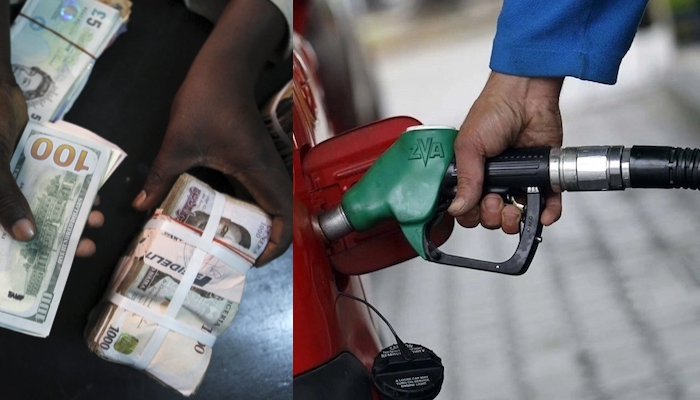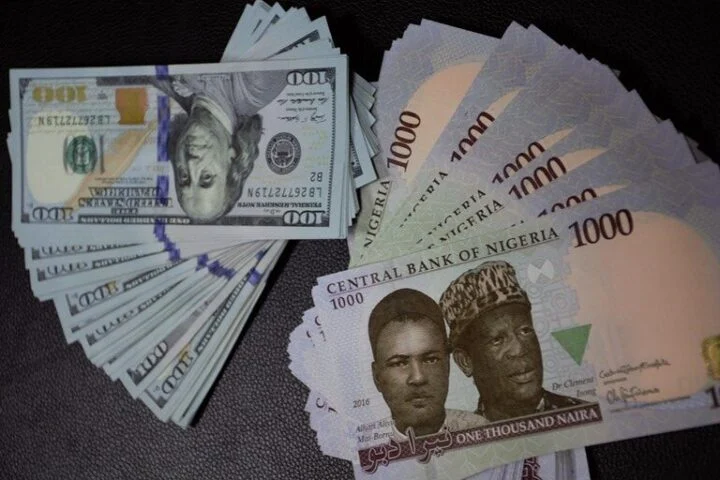Trade Statistics Show Decline
Nigeria’s trade with United Kingdom(UK) has plummeted by 25% in the first quarter of 2024, despite the higher value realised from the naira devaluation.
This information comes from the recent foreign trade statistics report by the National Bureau of Statistics (NBS).
Join our WhatsApp ChannelThe total trade between Nigeria and the UK dropped from N602.36 billion in Q1 2023 to N451.45 billion in Q1 2024. This represents a significant year-on-year decline. The quarter-on-quarter decrease is 14%, with total trade dropping from N522.79 billion in Q4 2023.
Import and Export Analysis
A closer look at the data reveals declines in both imports and exports. Nigeria’s imports from the UK decreased from N186.99 billion in Q4 2023 to N183.34 billion in Q1 2024, marking a 2% quarter-on-quarter decline. However, year-on-year, imports increased by 25%, up from N146.88 billion in Q1 2023.
Exports experienced a more substantial drop, which dragged the total trade numbers down. The export value fell from N335.8 billion in Q4 2023 to N268.11 billion in Q1 2024, showing a 20% quarter-on-quarter decrease. On a year-on-year basis, exports plummeted by 41%, down from N455.48 billion in Q1 2023.
READ ALSO: Nigeria’s Trade Deficit Hits N9.4trn As Manufactured Goods Imports Surge To N9.9trn In 9 Months
Factors Influencing the Decline
Typically, a weaker naira would make Nigerian exports cheaper and more competitive internationally, theoretically boosting trade figures. However, the data indicates that other factors are likely contributing to the decline.
“The weak naira should have made our exports more attractive,” said Mr. John Adeoye, an economic analyst. “But the significant drop in exports suggests there are underlying issues affecting trade relations with the UK.”
Key Products and Trade Patterns
The UK was a major destination for re-exports. The NBS data shows that N43.49 million worth of interchangeable tools, N2 million worth of articles of iron/steel, N1.97 billion worth of metal treatment products, N2.18 million worth of voice, images, or data machines, and N1.45 million worth of household articles were re-exported in Q1 2024. Food preparation items worth N1.8 billion were also exported to the UK.
Imports from the UK in Q1 2024 included N11.77 million worth of granite and N15.93 billion worth of heat exchange units.
Economic and Policy Context
In the quarter under review, the United Kingdom had planned to enter into new economic and trade partnerships with Nigeria to facilitate new opportunities in sectors such as energy, legal, and financial services. This was during a time when the UK was recovering from a recession that hit the economy, with its GDP declining by 0.3% in Q4 2023. By Q1 2024, the UK’s economy expanded by 0.6% but became stagnant by April 2024.
The UK’s struggle with the recession coincided with visa policy revisions, especially for international students. The UK government introduced higher education reforms to ensure student visas are used for education rather than immigration, barring overseas students not taking research degrees from bringing their families.
Implications for Future Trade
The UK’s visa policy changes could have long-term effects on Nigeria’s trade. According to Universities UK International, HEPI, and Kaplan International Pathways, international students contributed £41.9 billion to the UK economy in the academic year 2021/22. A decline of 200,000 international students by 2025 is projected, potentially leading to a loss of £10 billion annually to the UK’s economy. This could influence the future trade dynamics between Nigeria and the UK.
As Mr. Adeoye pointed out, “We need to closely monitor these changes and adapt our trade strategies accordingly. The policies in the UK could have significant implications for our economic relations.”
Looking Ahead
Nigeria’s trade with the UK is facing significant challenges, and the recent data underscores the need for a strategic review of trade policies and international economic relations. Ensuring stable and beneficial trade partnerships will be crucial for Nigeria’s economic growth.
Emmanuel Ochayi is a journalist. He is a graduate of the University of Lagos, School of first choice and the nations pride. Emmanuel is keen on exploring writing angles in different areas, including Business, climate change, politics, Education, and others.


















Follow Us